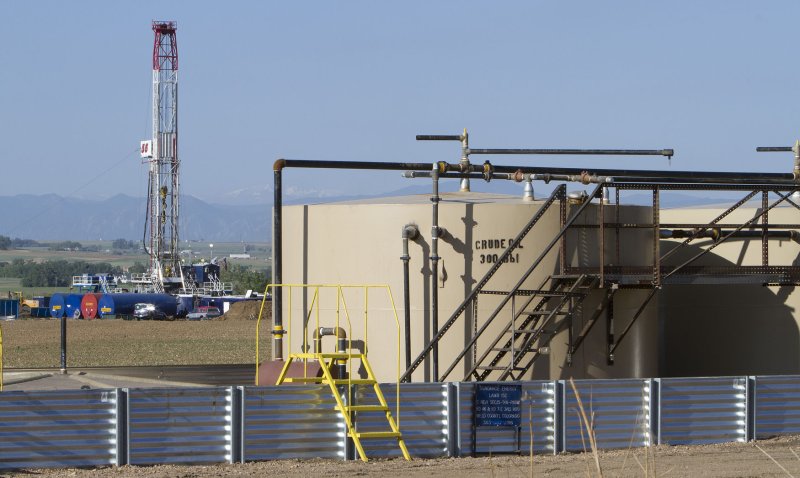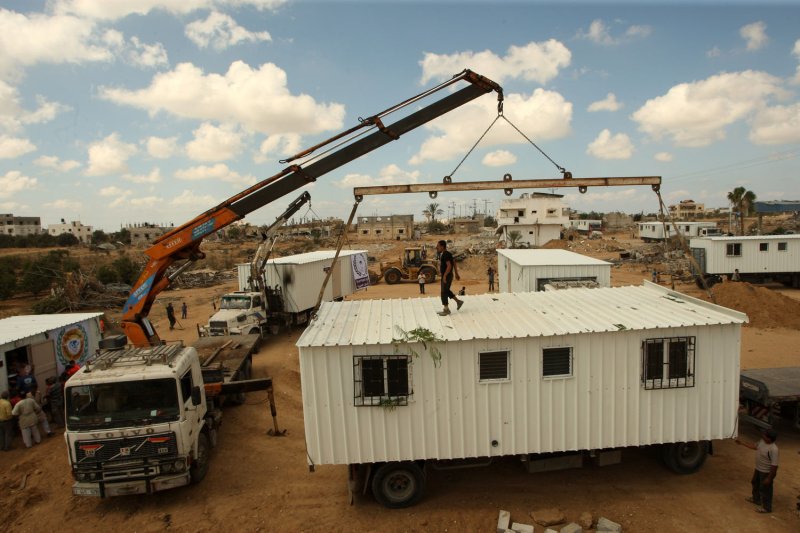 Flood Wall Street live stream can be seen at http://new.livestream.com/accounts/124908/events/3416732
Flood Wall Street live stream can be seen at http://new.livestream.com/accounts/124908/events/3416732
No coverage available on corporate media outlets. TVNL will link to coverage as it appears.
 Flood Wall Street live stream can be seen at http://new.livestream.com/accounts/124908/events/3416732
Flood Wall Street live stream can be seen at http://new.livestream.com/accounts/124908/events/3416732
No coverage available on corporate media outlets. TVNL will link to coverage as it appears.
The People's Climate March on Sunday was perhaps the largest climate change protest in history. Hundreds of thousands of people took to the streets of New York City. Celebrities and high-profile politicians were among the marchers. The protest was a huge topic on social media.
All in all, it was a perfect opportunity for some of America's biggest news organizations to cover the topic of climate change, something that usually gets either ignored or badly handled. For Sunday talk show hosts, there was even a nice political hook, since the march was pegged to a UN summit that President Obama will be attending.
 The family whose legendary wealth flowed from Standard Oil is planning to announce on Monday that its $860 million philanthropic organization, the Rockefeller Brothers Fund, is joining the divestment movement that began a couple years ago on college campuses.
The family whose legendary wealth flowed from Standard Oil is planning to announce on Monday that its $860 million philanthropic organization, the Rockefeller Brothers Fund, is joining the divestment movement that began a couple years ago on college campuses.
The announcement, timed to precede Tuesday’s opening of the United Nations climate change summit meeting in New York City, is part of a broader and accelerating initiative.
Amid uproar in conservative circles about perceived anti-American bias in the new Advanced Placement U.S. History course and exam, Texas on Wednesday moved to require its high school students to learn only state-mandated curriculum — not be taught to the national test.
The Board of Education approved a measure declaring that the history curriculum its members set trumps that covered by the AP history course created for classrooms nationwide. That class concludes with an exam that can earn college credit for students who score high enough.
The board must still take a final vote, but the measure's content isn't expected to change.
 . A recent article in the Journal of American Medical Association noted that “a sizeable proportion of patients with advanced cancer continue to undergo cancer screening tests that do not have a meaningful likelihood of providing benefit.” Another published in the September 28, 2010 issue of Health Imaging noted that “as many as 30 percent of diagnostic imaging procedures are inappropriate or contribute no useful information.”
. A recent article in the Journal of American Medical Association noted that “a sizeable proportion of patients with advanced cancer continue to undergo cancer screening tests that do not have a meaningful likelihood of providing benefit.” Another published in the September 28, 2010 issue of Health Imaging noted that “as many as 30 percent of diagnostic imaging procedures are inappropriate or contribute no useful information.”
Elsewhere, statistics cited by the American College of Radiology (ACR) estimate that “60 million CT scans and 20 million nuclear medicine scans annually in the US might cause up to 40,000 fatal cancers.”
 In Moscow this summer, while reporting a story for Wired magazine, I had the rare opportunity to hang out for three days with Edward J. Snowden. It gave me a chance to get a deeper understanding of who he is and why, as a National Security Agency contractor, he took the momentous step of leaking hundreds of thousands of classified documents.
In Moscow this summer, while reporting a story for Wired magazine, I had the rare opportunity to hang out for three days with Edward J. Snowden. It gave me a chance to get a deeper understanding of who he is and why, as a National Security Agency contractor, he took the momentous step of leaking hundreds of thousands of classified documents.
Among his most shocking discoveries, he told me, was the fact that the N.S.A. was routinely passing along the private communications of Americans to a large and very secretive Israeli military organization known as Unit 8200. This transfer of intercepts, he said, included the contents of the communications as well as metadata such as who was calling whom.
The supervisor drew his finger in a slashing motion moments after the final hand of blackjack had been dealt at Trump Plaza Hotel & Casino.
And with that, gambling was done.
The 30-year-old casino at the heart of the Boardwalk shut its doors at 6 a.m. Tuesday, becoming the fourth Atlantic City casino to close this year. Beset by crushing debt, fleeing customers and run-down facilities, Trump Plaza had been the town's worst-performing casino for years. This year, it has won about the same amount from gamblers that the Borgata takes in every two weeks. And at pennies on the dollar, no one wanted to buy it.
 A new study by the World Resources Institute finds that many places with water scarcity are using too much of their resources on fracking. "Eight of the top 20 countries with the largest shale gas resources face arid conditions or high to extremely high baseline water stress where the shale resources are located; this includes China, Algeria, Mexico, South Africa, Libya, Pakistan, Egypt, and India," the study states.
A new study by the World Resources Institute finds that many places with water scarcity are using too much of their resources on fracking. "Eight of the top 20 countries with the largest shale gas resources face arid conditions or high to extremely high baseline water stress where the shale resources are located; this includes China, Algeria, Mexico, South Africa, Libya, Pakistan, Egypt, and India," the study states.
The United States is also at risk, according to the study, since many of the places inside the United States that are good for fracking are going through a drought or generally have low water supply.
To drill a fracking well takes 5 million gallons of water, on average. States like Texas have a strong fracking industry, but lack of water supplies has forced frackers to import water from elsewhere to continue their business.
 A U.N. representative urged Israel to lift a blockade around Gaza so humanitarian aid and construction materials can reach the region.
A U.N. representative urged Israel to lift a blockade around Gaza so humanitarian aid and construction materials can reach the region.
Robert Turner, United Nations Relief and Works Agency director of operations in Gaza, visited the region Thursday and said the strip has been left destitute by Israeli shelling over the course of a two-month conflict.
"We need resources. We need funding to rebuild for both the refugees and the non-refugee families in Gaza," he told Voice of America.
Page 277 of 1174